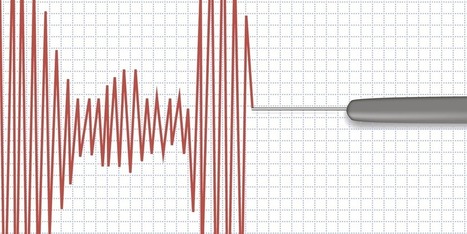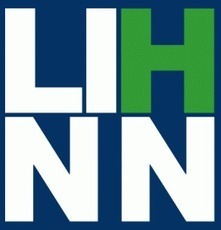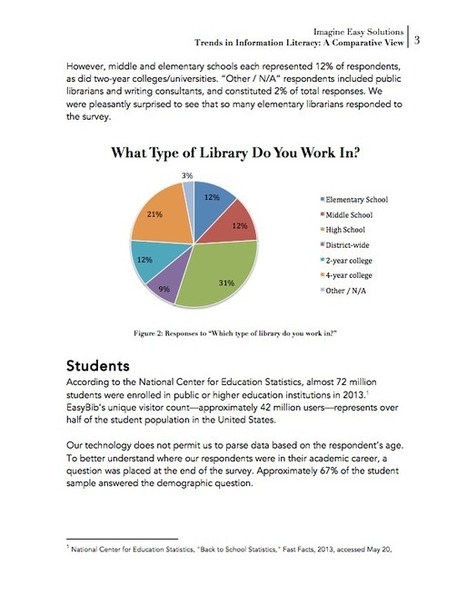In the past year, many educational institutions began to address the challenge of digital misinformation. As head of a multi-institutional projectthat addresses these issues, I found this heartening. Less encouraging, however, was the persistence of many myths about how misinformation works, what its risks are and how we might address it. In the hope we might have a more productive 2019, I thought I’d outline some of those myths and realities below.
Research and publish the best content.
Get Started for FREE
Sign up with Facebook Sign up with X
I don't have a Facebook or a X account
Already have an account: Login
Literacy in a digital education world and peripheral issues.
Curated by
Elizabeth E Charles
 Your new post is loading... Your new post is loading...
 Your new post is loading... Your new post is loading...
|
|














